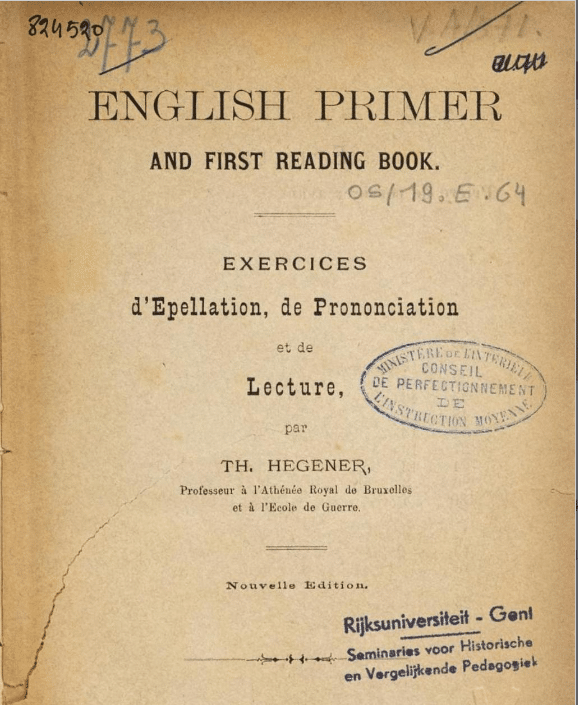Great Lakes in Action
On February 21, 2024, the U.S. Supreme Court decided Great Lakes Insurance SE v. Raiders Retreat Realty Co., LLC. Loyal readers will remember (see here and here and here and here) that this case presented the question of what test to apply to determine the enforceability of a choice-of-law clause governed by federal maritime law….
Continue ReadingBread and Butter
There is a tendency when blogging to focus on cases that that are (1) important, (2) novel, (3) strange, or (4) wrong. These are the sorts of cases that most people—and, candidly, the TLB editors—find to be most interesting. (My colleague Bill Dodge may be an exception.) Every now and then, however, it is useful…
Continue ReadingSome Thoughts on Great Lakes Insurance SE v. Raiders Retreat Realty Co., LLC
The U.S. Supreme Court will hear oral arguments in Great Lakes Insurance SE, Petitioner v. Raiders Retreat Realty Co., LLC during the 2023 Term. This case has the potential to change the way that federal courts evaluate the enforceability of choice-of-law clauses. Over the past few decades, these provisions have become ubiquitous. One study found…
Continue ReadingChoice-of-Law Statutes?
American choice of law relies primarily on common law methods that differ from state to state. Determining the relevant law when a dispute has a connection to more than one state can be difficult. When the dispute is transnational, the difficulties increase, particularly if the forum state’s choice-of-law rules incorporate a home-state bias. Oregon’s response…
Continue ReadingA Primer on Choice of Law
Choice-of-law rules are used to determine the rights, duties, and liabilities of persons involved in a case with a connection to more than one jurisdiction. In the United States, most choice-of-law rules are state law; the federal government rarely legislates in this area. Courts in the United States apply the same choice-of-law rules to international…
Continue ReadingNow or Then? The Temporal Aspects of Choice-of-Law Clauses
Several years ago, I published a paper that examined how U.S. courts interpret choice-of-law clauses. That paper contains a detailed discussion of the most common interpretive issues—whether the clause selects the tort laws of the chosen jurisdiction in addition to its contract laws, for example—that arise in litigation. There was, however, one important omission. The…
Continue ReadingExtraterritorial Jurisdiction and Conflict of Laws
In a forthcoming Article, I take the Supreme Court’s recent jurisprudence on the presumption against extraterritoriality and view it through the lens of conflict of laws. In so doing, I attempt to show how the presumption mirrors features of conflicts doctrine and makes some of the same mistakes conflict law already has made. This list…
Continue Reading




